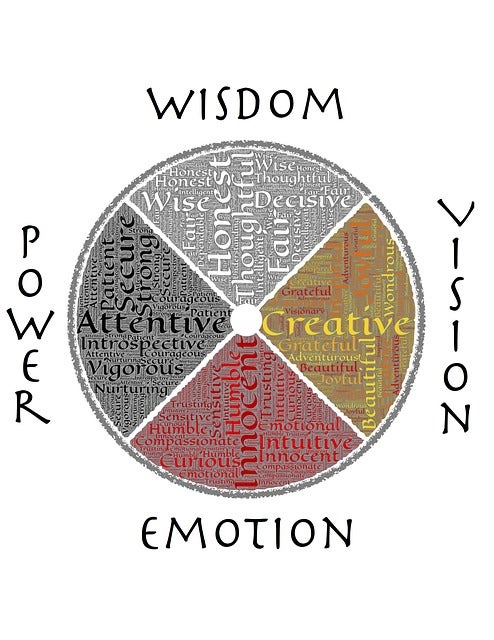
Each of us has at least two ways that we react to situations, one is our rational, logical, reasonable way and the other is our emotional, intuitive, often illogical way. You can think of this as the part of you that “knows” things and the part of you that “believes” things. Now, for most situations in our lives, these two parts of us are aligned, so what we know is also what we believe. In certain situations, however, these two parts of us diverge.
An easy example of this divergence is when I was a college student and had to give a class presentation. Public speaking was my worst nightmare. Even though logically and reasonably I knew that nothing especially horrible would happen (at most I would get a bad grade), emotionally and intuitively I believed that standing up in front of the class was a danger worse than death. I should also point out that when the thinking and believing parts of us differ, unless we put in a lot of effort, the believing part is the one that will win the day. So experiences like anxiety, depression, self-loathing and a whole host of other reactions come from negative beliefs about ourselves.
So how can we manage these beliefs to benefit us? There is a concept in psychology called “wise mind.” This is an important aspect of an approach called Dialectical Behavior Therapy (DBT for short). Wise mind says that neither side of the human reaction (emotions or reason) are wrong or bad. What matters, however, is finding a way to balance the two.
The strength of the reasonable/logical mind, for instance, is that it is good for solving problems, looking down the road at future consequences, and recognizing when our lives are out of balance. But if we were to only view the world from a “reasonable mind” perspective, we can easily overlook the emotional needs of others. In doing so, we would limit our ability to empathize and connect with the people in our life.
The strength of the emotional/intuitive mind is that our emotions form the foundation for empathy and motivation, as well as provide the capacity for deep interpersonal relationships. The dangers of being fully in emotional mind, however, is that we can overreact to interpersonal conflicts, and we can often seek out short term gratification at the cost of long term satisfaction.
Just being able to find the balance of wise mind takes lots of work and practice, and even then, it’s difficult to find balance for more than a few moments here and there. This is especially true when dealing with fears, anxieties or other strong emotions. Wise mind requires first being able to know that we are having an emotional reaction. It also requires us to be able to experience our feelings without having to act on them -- to pause and take a breath, giving ourselves some time and space to let our reasonable mind catch up. Finally, it means taking into account our feelings while reasonably weighing the options before choosing a course of action.
Cultivating wise mind takes ongoing effort and is much easier to do in the company of others who are working on the same goals as you. The University Counseling Center offers a DBT group for students who want to improve their ability to manage their emotions and find balance. Having other group members with whom you can share your struggles and successes can help maintain motivation and make the job of getting to wise mind seem more attainable.
Ron Miyaguchi, Ph.D.
Staff Psychologist
